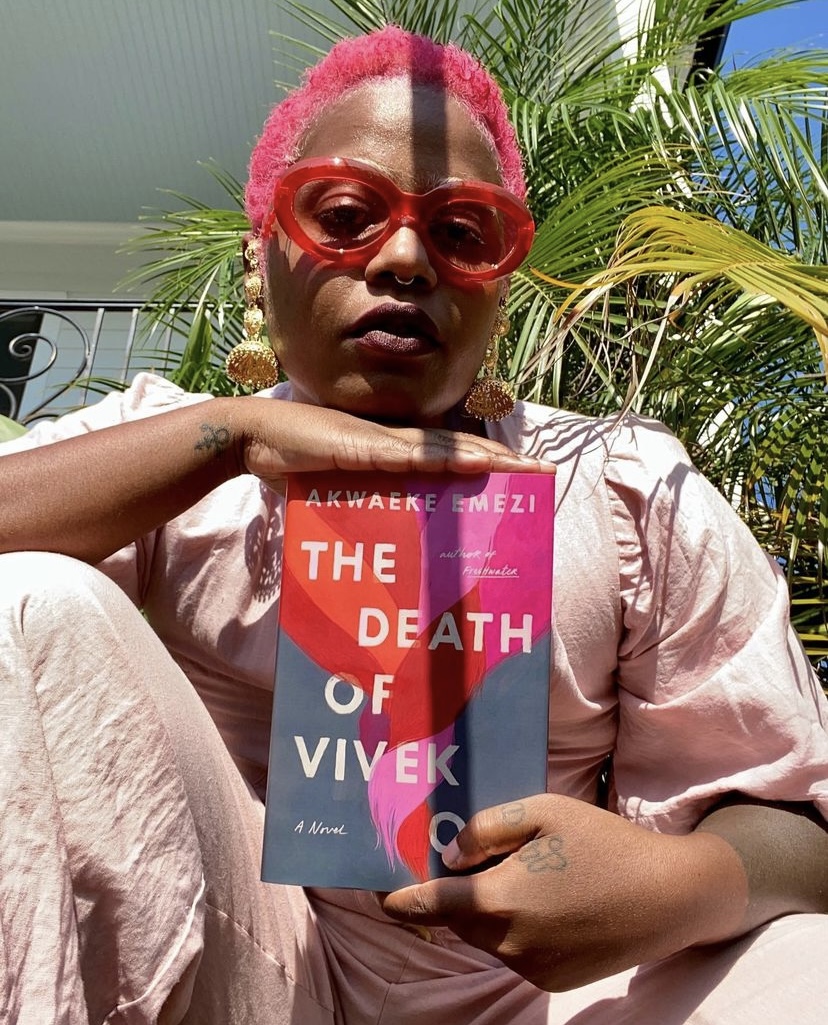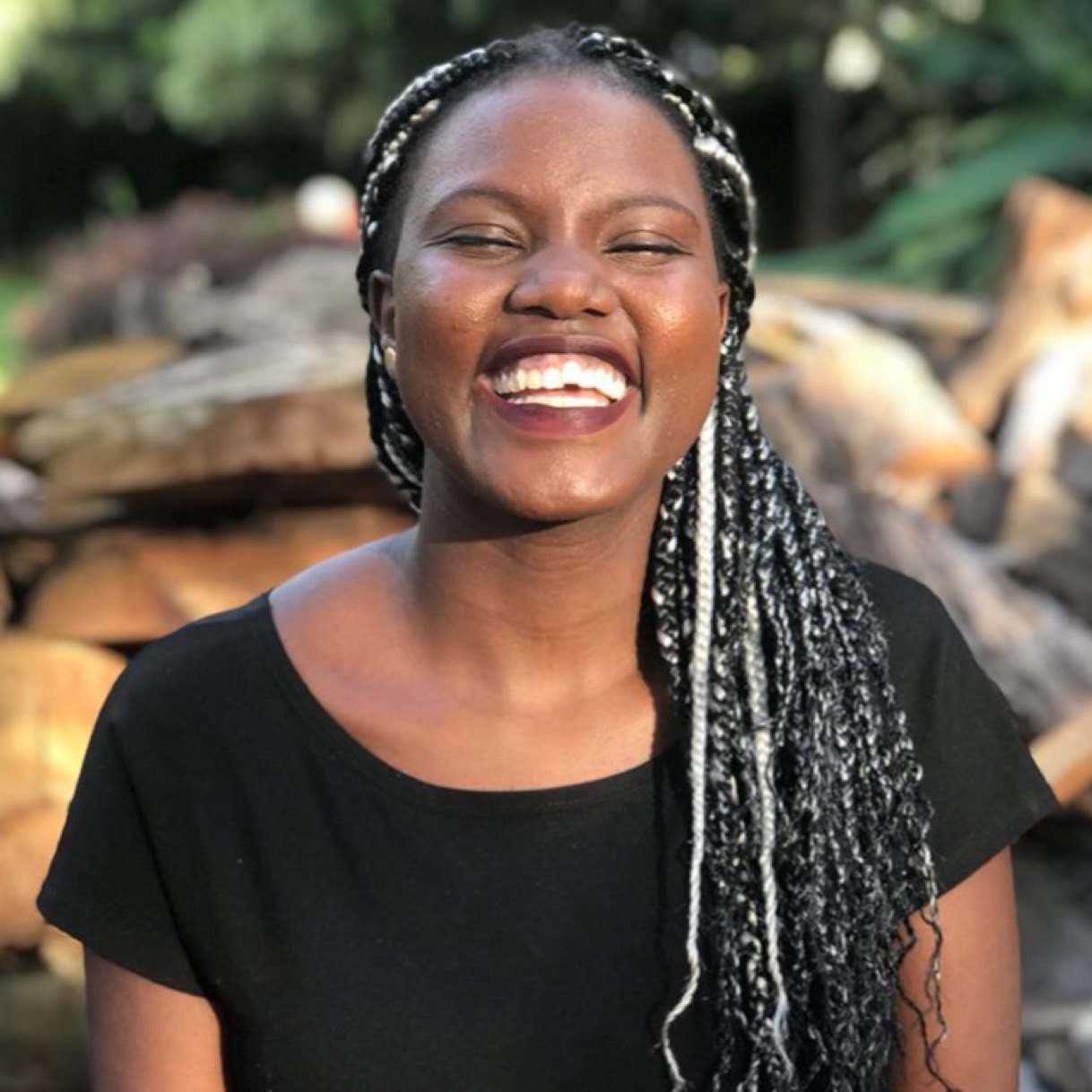Lawyer, Bibliophile, Book Reviewer.
Happy new year friends, that’s if the greeting still applies almost halfway into the month.
It’s been a helluva past few months but super grateful to have began the year in good health and with fresh hopes and dreams.
Someone awhile back asked me how I balance my faith with the numerous secular books I read, and this quote gave the dimension I’d always looked at reading, as:-
“Empathising with viewpoints different from your own can feel uncomfortable. While reading doesn’t mean that you’ll agree with different perspectives, it does offer you the opportunity to understand them.”
Before I delve into reviewing the book, here’s a piece I wrote a while back about reading:
Reading to me is to explore spaces metaphysically.
It is to let the author walk you through streets, inhale scents, feel the agony and delight of the characters,
To read is to harness the power of ‘if’ and ‘what’.
To read is to become.

My rating: ⭐ ⭐ ⭐
Triggers: Loss, Depression, Homosexuality, Death
Reading time: Approximately 1 day or even hours!
Pages: 248
Author: Akwaeke Emezi, Nigerian
This book triggered so many questions about how to deal with grief; depression; raising and bonding with children as they grow to create a safe space for them as parents; societal perspectives on cross cultural practices; Mob justice and community. These are the major themes in this book.
Chimamanda Ngozie addressed the question of grief wholesomely in her ‘Notes on Grief’ which I reviewed on the blog last year and you can access on the hyperlink. Emphasising what she said, grief surely is a cruel animal that lingers on and on, not caring about the impact it has on those it touches.
“Grief is a cruel kind of education. You learn how ungentle mourning can be, how full of anger. You learn how glib condolences can feel. You learn how much grief is about a language, the failure of a language and the grasping for language.”
Chimamanda Ngozi, Notes on Grief
Vivek Oji, the protagonist of the book and son to Chika and Kavita, an Indian by origin, was born on the same day Chika’s mother passed. His parents carried and fought with their grief for the most part of his formative years and this meant that his birthday was never a joy in the household because it triggered memories of the loss they had.
As one can imagine, this strained the relationship his parents had and ultimately, Vivek was left in a bubble to spiral into depression and resort to something that ultimately led to his demise.
At his burial, his mother reflectively mentions that she wished they could have done better as parents, known and been present for their child as he was growing and listened, loved and created a foundation for him.
I’d recommend this book because it leaves unanswered questions about how a parent dealing with loss and grief is to raise their newborn child or the community built around us and the influences it has on us! Answers for which we must continuously seek to become better and more intentional about the things around us and the community we have.
I you’ve read the book; I’d want to hear what your take was on the major themes and what stood out for you.
Cheers!











{{username}}{{commentConvertedTime}}
{{commentText}}